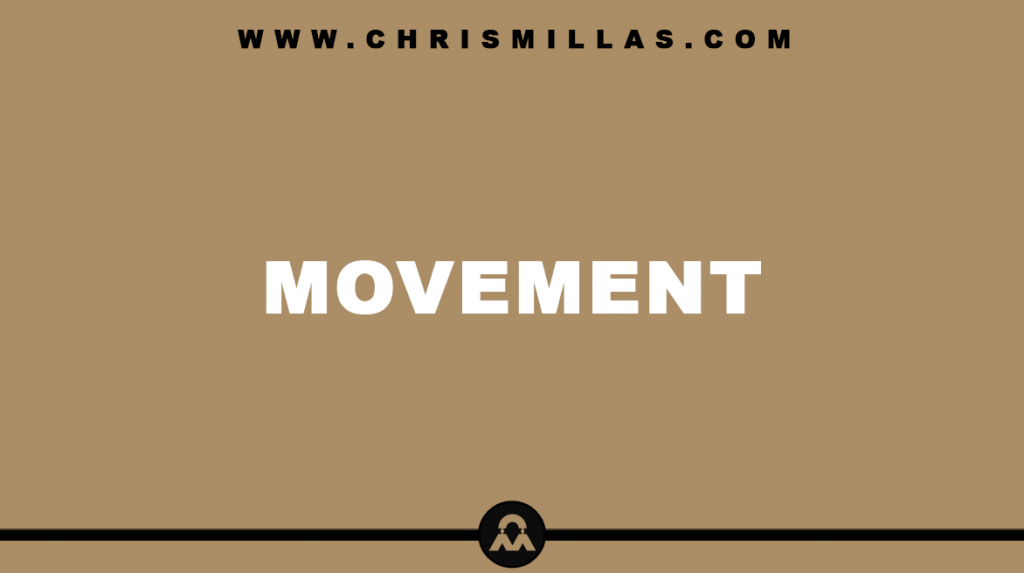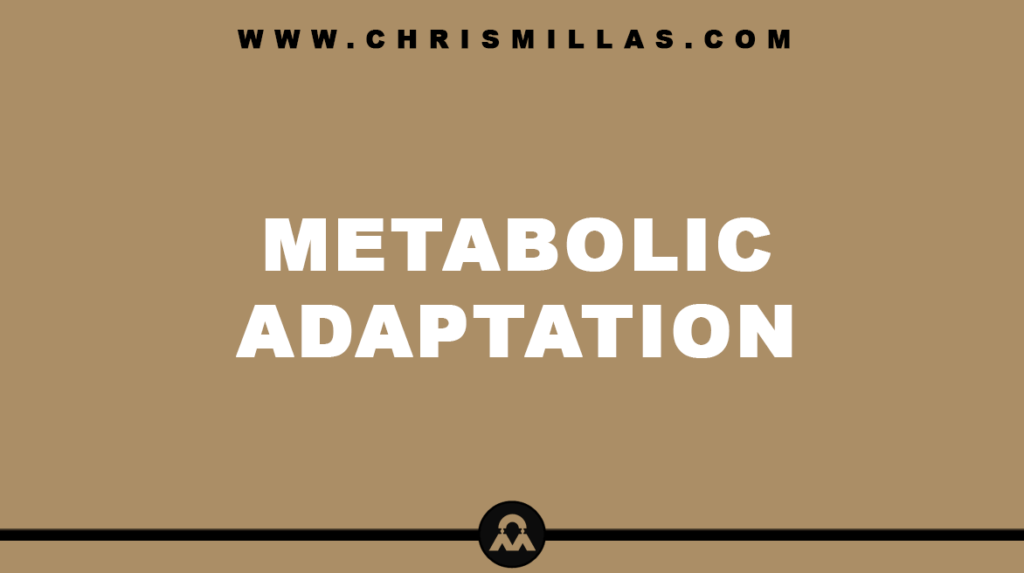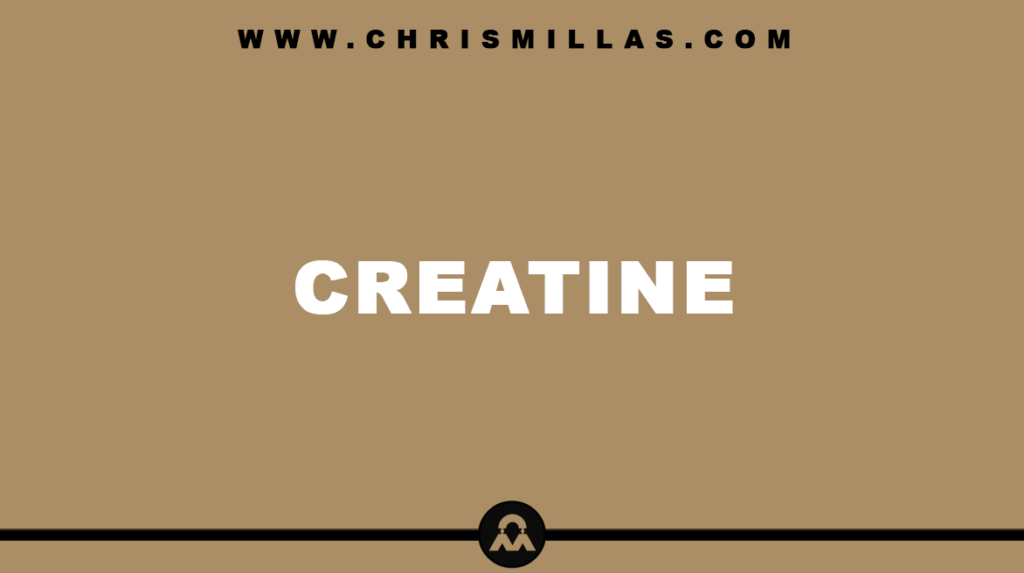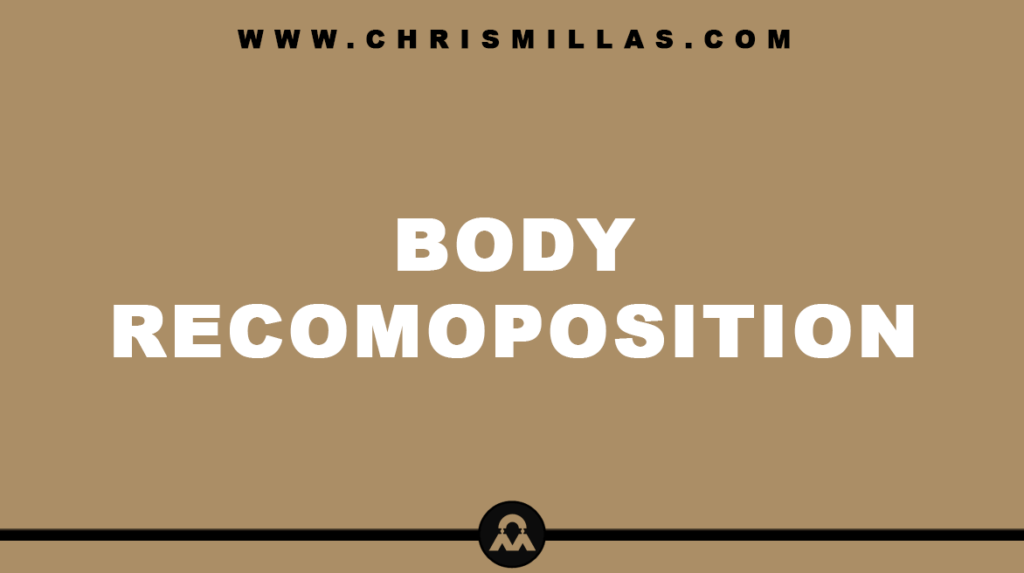In this post, we’ll unpack all you need to know about movement, explaining why we evolved to move, why movement is key to health and longevity, the benefits to movement and more.
We Evolved To Move
Throughout our entire history, our species moved ― a lot. In fact, regular daily movement was the prehistoric norm, not the exception.
Anthropologists assert we moved fast and we moved far. It is estimated that men covered between 10km and 20km a day while women covered around half as much. We grew up in top physical shape, or we didn’t grow up at all. More simply, movement was essential to our survival.
Indeed, it’s no exaggeration to conclude that our entire physiology was engineered to reward us for moving. Neuroscientist Daniel Wolpert believes that “The entire purpose of the human brain is to produce movement. Movement is the only way we have of interacting with the world.”
This is why our biology rewards us for moving. In her book The Joy Of Movement, Kelly McGonigal writes: “At the most fundamental level, rewarding movement is how your brain and body encourage you to participate in life. If you are willing to move, your muscles will give you hope. Your brain will orchestrate pleasure, and your entire physiology will adjust to help you find the energy, purpose, and courage you need to keep going.”
“Movement has the power to bring us fully to what is most human about us.” ― Doug Anderson
Why Movement Is Medicine
Science tells us that one of the greatest predictors of successful ageing is whether you live an active or inactive lifestyle.
The main reason that exercise leads to increased lifespan is because it improves cardiovascular health which in turn reduces the risk for diseases. In fact, studies show that physical activity can decrease the risk of dementia by 50%, Alzheimer’s by 60% and stroke by 57%.
Furthermore, exercise leads to higher circulating levels of dopamine as well as more available dopamine receptors in the brain. Thus, it increases your capacity for pleasure in life.
In short, movement is medicine.
“Movement is meditation in motion.”
10 Powerful Benefits Of Movement
There are countless benefits that can be experienced from physical activity. Here are 10 of the most powerful:
- Boosts mood.
- Decreases stress.
- Encourages neurogenesis ― the creation of new cells.
- Helps regulate appetite.
- Improves balance.
- Improves memory.
- Improves strength.
- Improves immune system function.
- Lowers blood pressure.
- Reduces inflammation.
- Stimulates BDNF which keeps neurons young and healthy.
The Ayurvedic View
Ayurveda outlines the following benefits of movement:
- Aids psychological balance.
- Balances Doshas.
- Boosts metabolism in the body’s tissues.
- Has a major impact on neurotrophic factors.
- Helps burn fat via sweat which is viewed as a waste product of fat tissue.
- Helps muscle tissues become more toned.
- Improves absorption of nutrients.
- Improves digestion.
- Improves excretion of wastes.
- Makes the body feel light which creates enthusiasm.
Summary
Though a great deal of human evolutionary history remains shrouded in controversy, one fact that everyone agrees was common amongst our entire species can be summarised in one word: movement.
Movement is at the heart of every culture’s most joyous and meaningful traditions ― for good reason too. It helps boost our energy levels as well as our physiological rhythms and ultimately improves and strengthens our mental, emotional and physical wellbeing.
Most of all, benefiting from movement does not require Herculean efforts. Small increments of physical activity can have a big positive impact, which over time, through the power of compounding, can lead to exponential results that truly transform your life.







